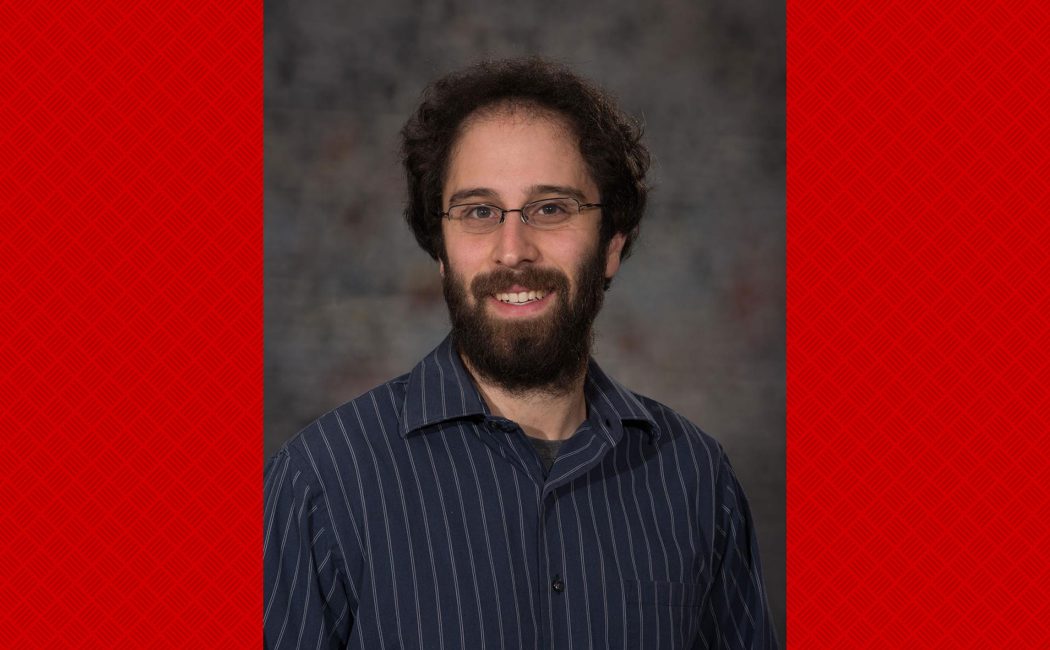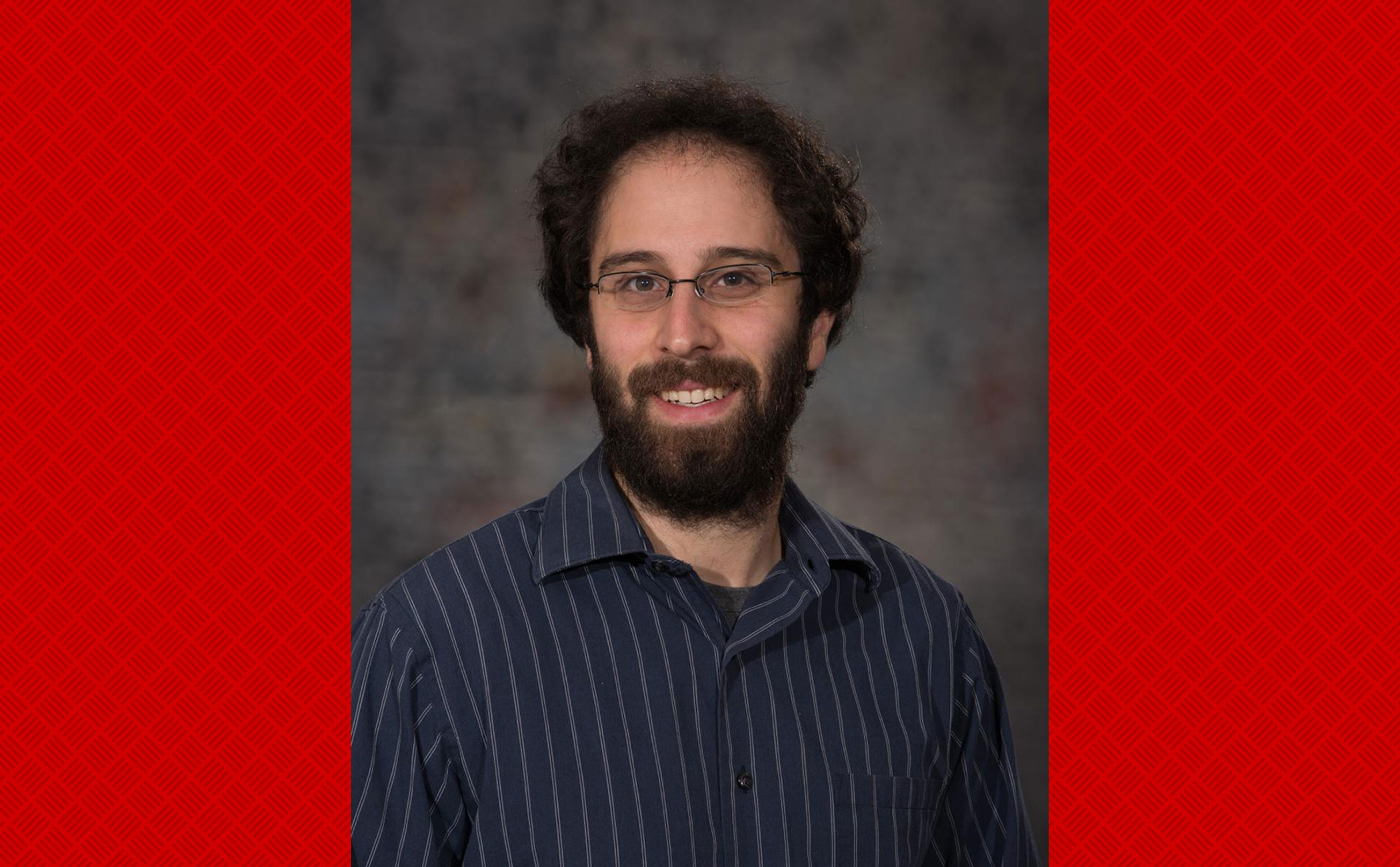
The relationship between early childhood research practice and state legislation is a complex one that can sometimes help or hinder research efforts.
Early childhood researchers gathered April 19 to discuss how a better understanding of the policy process can enhance research during a virtual NAECR Networking event.

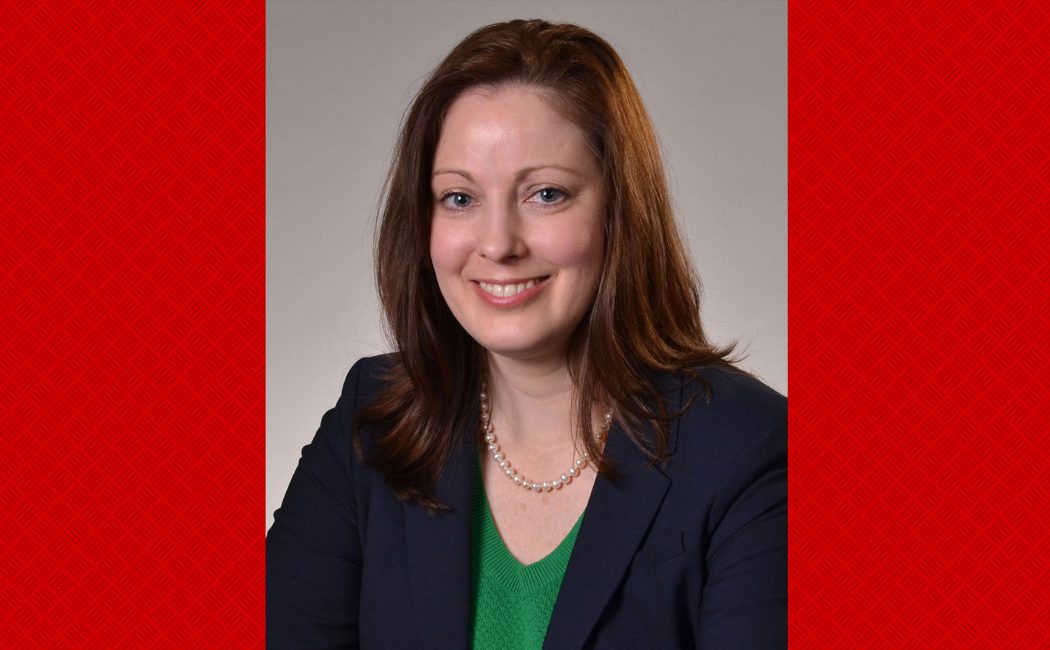
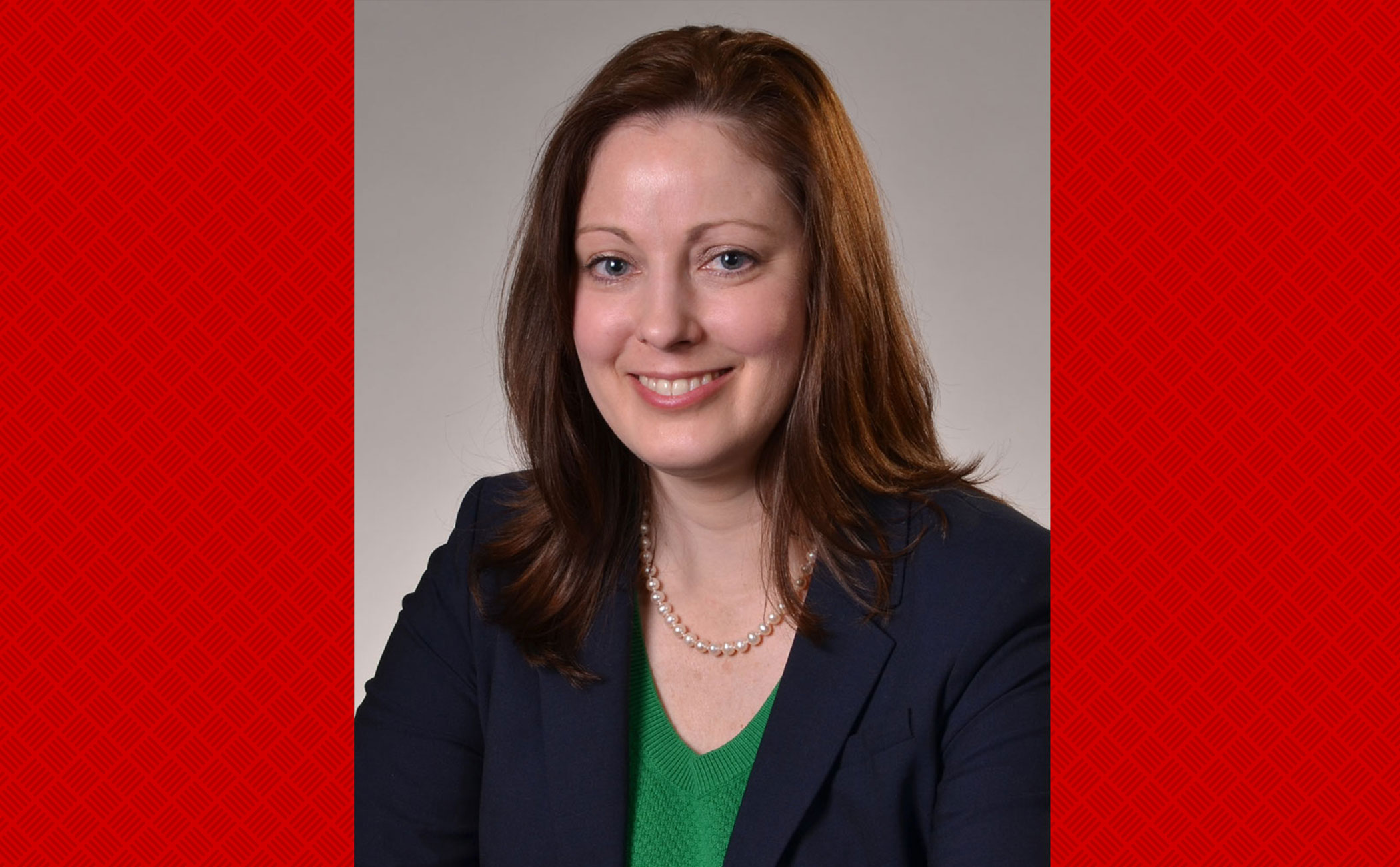


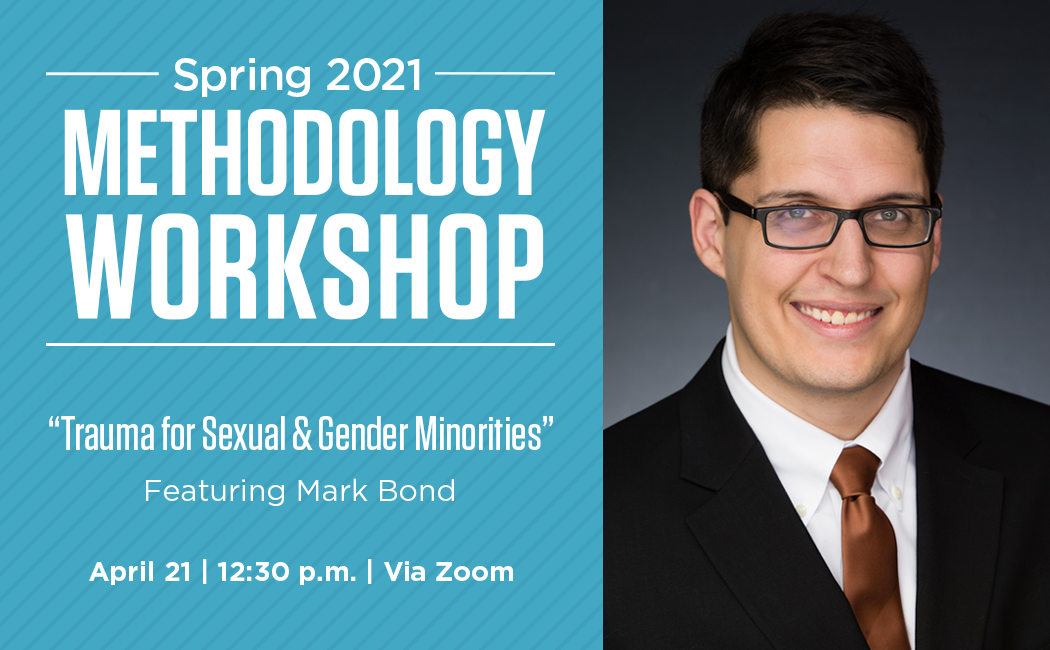
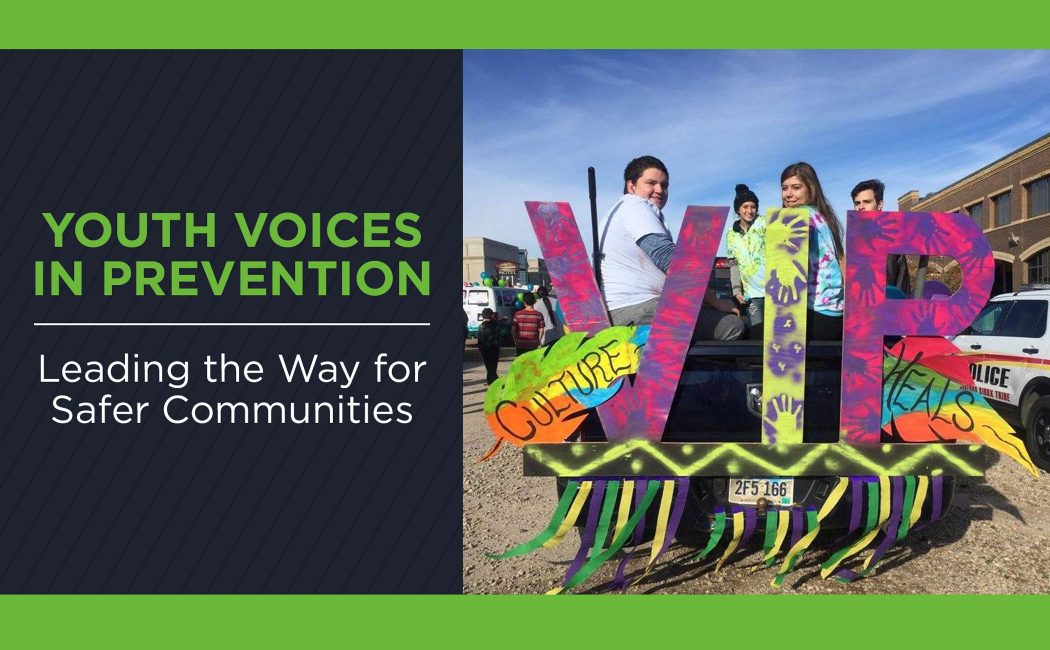
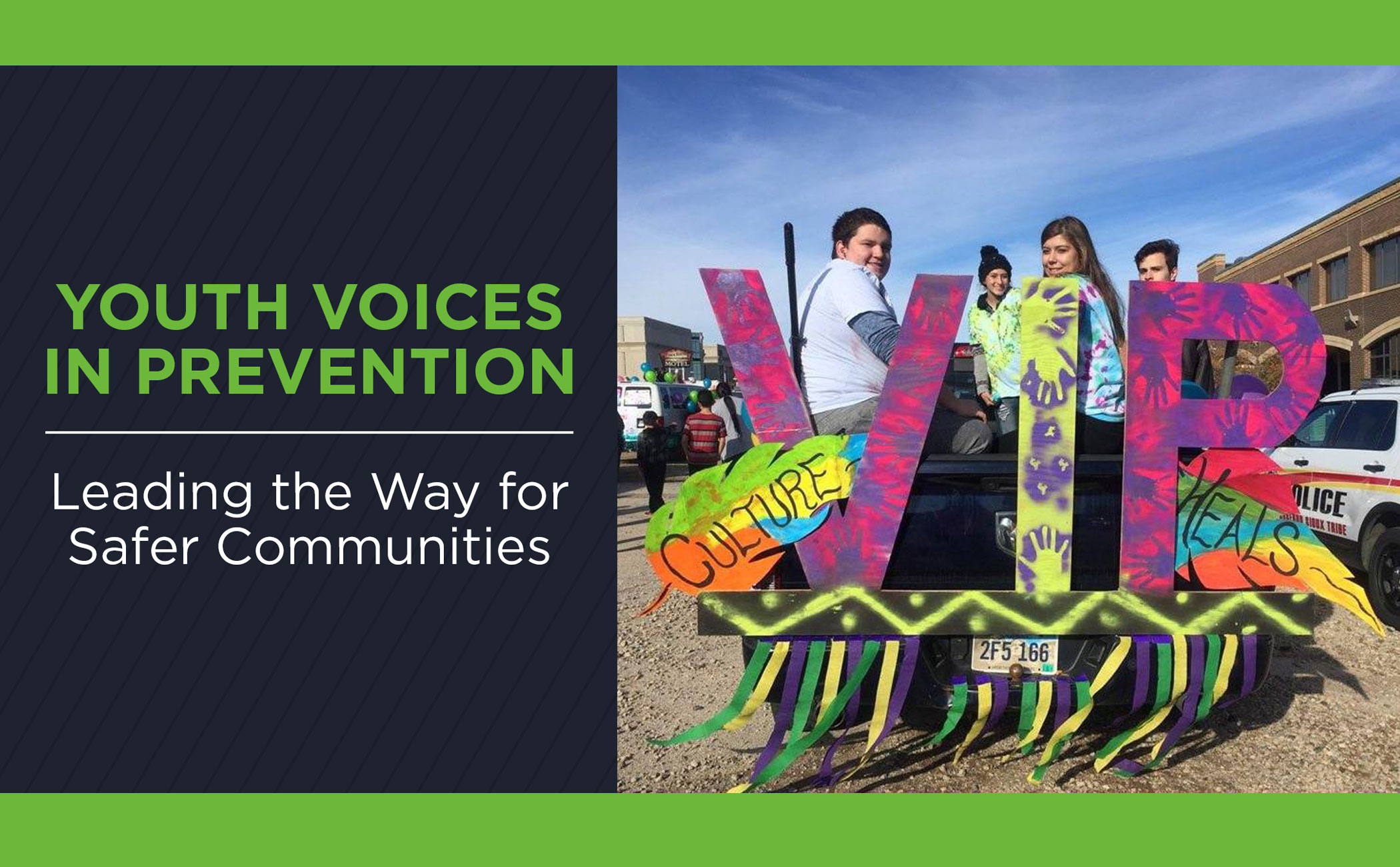 A March 30 youth-led webinar hosted by the
A March 30 youth-led webinar hosted by the 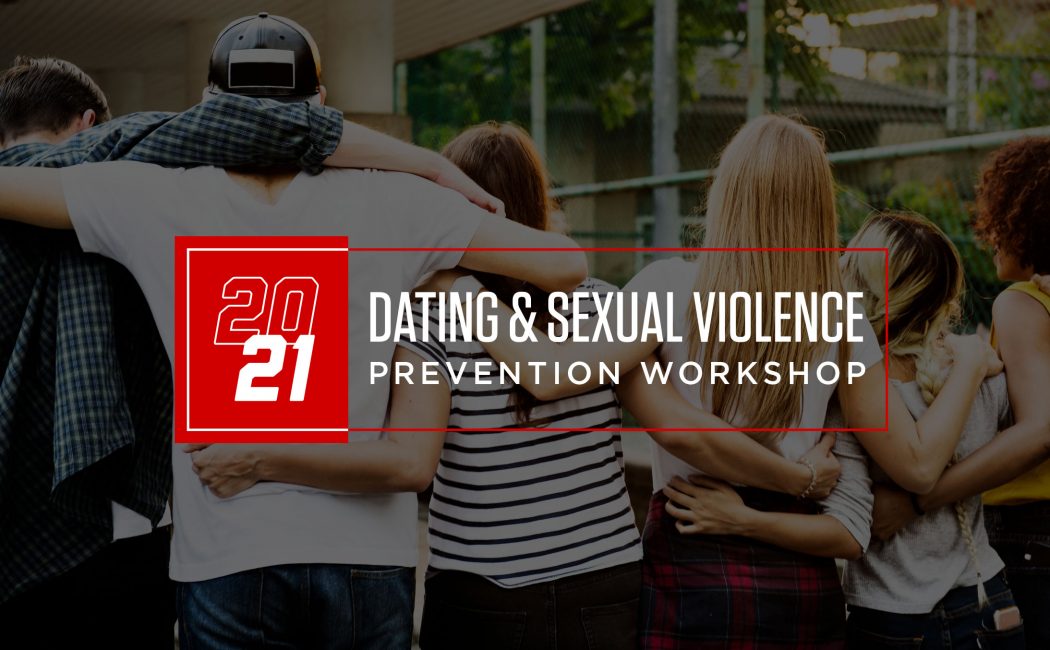
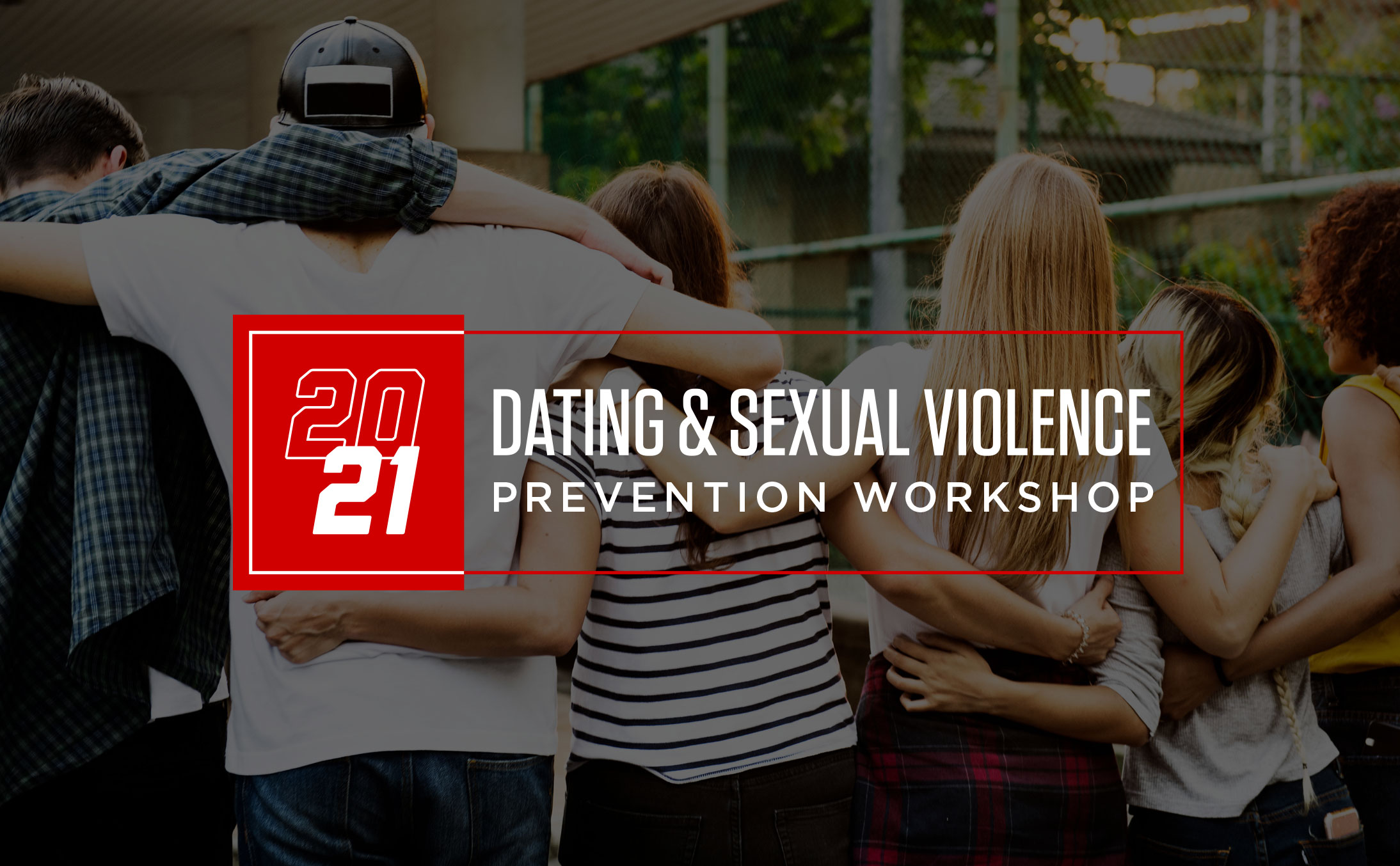 In 2017, 7.4% of Nebraska high school students were physically hurt by someone they were dating during the past year, and 8.4% of Nebraska students reported being forced to have sex during their lifetime.
In 2017, 7.4% of Nebraska high school students were physically hurt by someone they were dating during the past year, and 8.4% of Nebraska students reported being forced to have sex during their lifetime.

